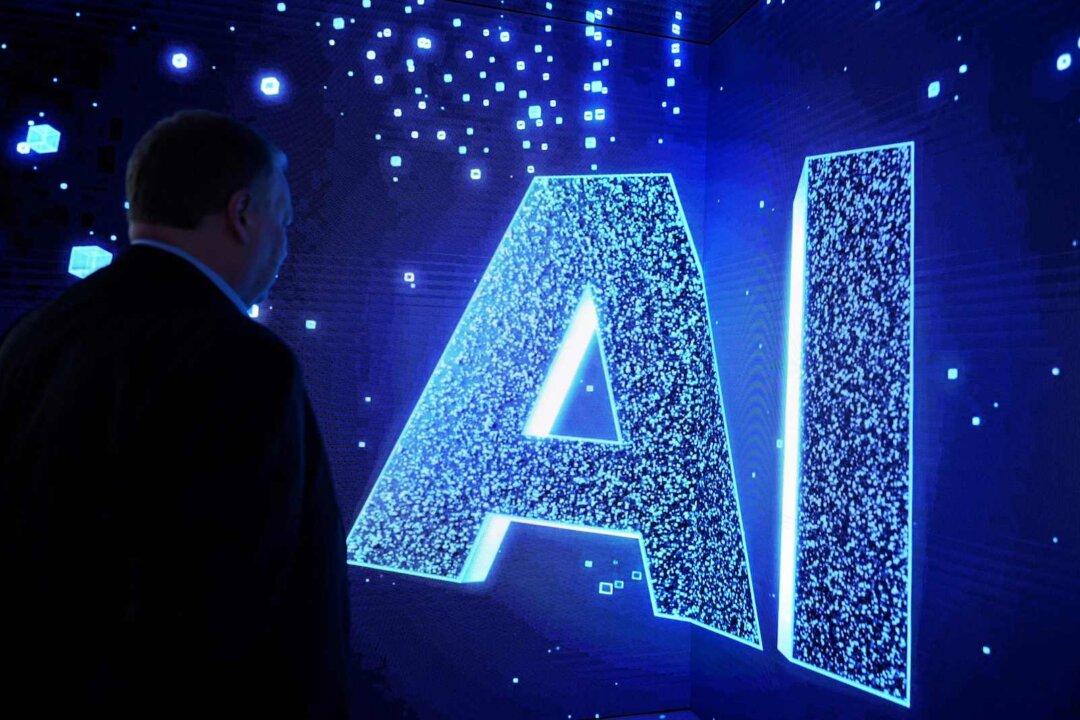There is a scene from the 2019 film “Yesterday” where protagonist Jack is overcome with joy at seeing a former Beatle member alive and well in a seaside cottage.
Music history is replete with such “what ifs.”


There is a scene from the 2019 film “Yesterday” where protagonist Jack is overcome with joy at seeing a former Beatle member alive and well in a seaside cottage.
Music history is replete with such “what ifs.”